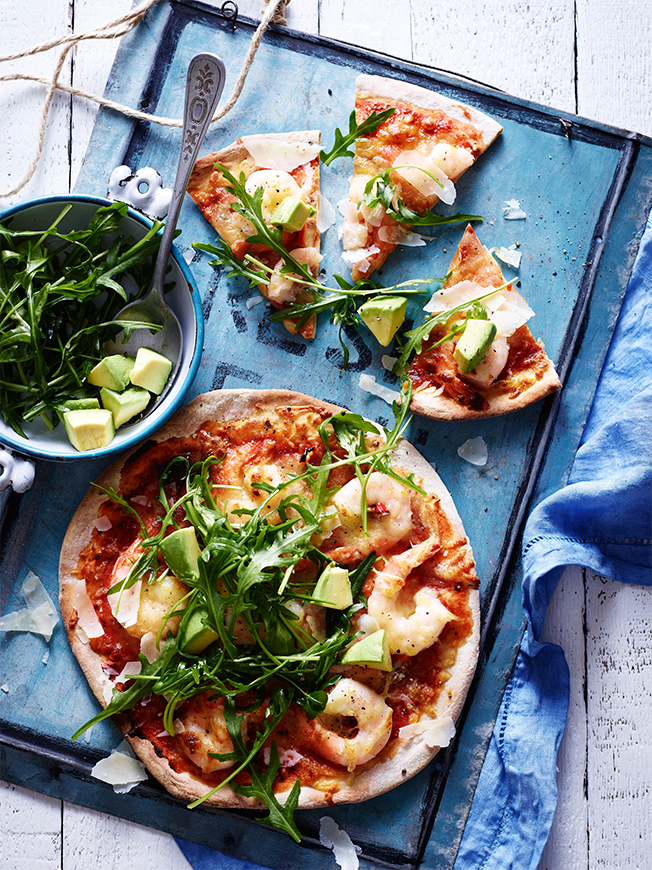4 Reasons Why Food Is Exploding as the Perfect Marketing Medium

Millennials have a passion for cooking. Getty Images
Food is inherently nostalgic. We all have memories of dishes that our family cooked or that we ordered at our favorite restaurants growing up, and we are constantly creating new food memories. These memories can be activated by sight or smell, and of course, taste. A slice of our favorite pizza or a meal at a hot new restaurant can cause a euphoric reaction in people, similar to what one feels when watching sports, listening to music or seeing a great film or Broadway production. They all evoke passion.
There are millions of sports fans, but most people can’t dunk a basketball or throw a perfect spiral. And while music elicits strong emotions in us, most people can’t shred on guitar or sing like our favorite musicians. However, everyone eats and anyone can cook. The approachability of food and basic human need to eat, coupled with the rise in food culture, offers a truly unique platform that distinguishes culinary from other areas of entertainment. Food brings us together and breaks down cultural barriers. Food touches everyone and is a vital part of our daily lives—not just for consumption purposes, but because of the connectivity that comes with eating, drinking and entertaining.
Food Is a Fundamental Part of the Zeitgeist
With food becoming as much a part of pop culture and entertainment as movies and music, it’s not surprising that high-profile chefs, food-based TV and digital content, culinary festivals, meal delivery services, food media and food technology continue to surge in popularity. It’s a fundamental part of the zeitgeist. People love to entertain as much as they love to be entertained.
There are more than 7,000 food events—like the Food & Wine Classic in Aspen—held in the U.S. each year. High-end culinary festivals, limited to less than a handful a decade ago, are now tent-pole events in many major U.S. cities. Internationally, attendance is even larger.Melbourne Food and Wine Festival pulls in 250,000 attendees, and the Philippines’ Pahiyas Festival counted 3.2 million locals and tourists. Food and drink experiences have become vital to the most high-profile sports and entertainment properties from music festivals like Bonnaroo and Coachella, to sporting events such as the Super Bowl and Kentucky Derby, to film festivals and beyond. Retailers from Macy’s and Urban Outfitters to high-end fashion outlets like Burberry and Gucci have added cafés, restaurants and bars to their stores to enhance the shopping experience. There have been major investments in better food and beverage concepts at airports, sports venues and universities due to consumer demand.
Food-Based Entertainment Is Being Devoured
PBS has long been a home for cooking shows dating back to the days of Julia Child. Food Network, a perennial Top 10 cable network, is so popular that the spinoff Cooking Channel was created. Series such as MasterChef, Chopped and Top Chef are as central to pop culture as Survivor and The Voice. MasterChef has long been the No. 1-rated (nonsports) TV program in Australia and is now produced in more than 40 countries and airs in over 200 territories. Major Hollywood films like Chef and Burnt star A-list actors. AMC’s new series,Feed the Beast, is set in the New York restaurant world.
The coveted millennial demographic also embraces food content. This has given rise to shows like MasterChef Jr., Chopped Jr., Young & Hungry on Freeform and thousands of user-generated videos that live on YouTube. Their appetite for food-related content and knowledge of the subject dramatically impacts their spending habits. And the fact that food content can be created at such a fast pace, and is typically evergreen, makes it extremely valuable.
Food Is the Perfect Pairing for Social Media
When was the last time you ate a meal and someone at your table didn’t snap a picturebefore anyone was allowed to dig in? There are approximately 170 million posts on Instagram for #food and 80 million posts for #foodporn, and that number will keep growing. As people from all parts of the world share pictures of their food and dining experiences, exposure to foreign culture is greater than ever.
Chefs Make Effective Brand Ambassadors
Chefs are incredibly effective brand ambassadors because they are authorities who can seamlessly educate and entertain at the same time. Consumers not only trust them, they rely on them to tell them how to make things and where to buy ingredients and tools. They also make great brand partners because they operate in a collaborative environment where everything has to come together to be successful: the menu, the service, the décor, the ambiance, the music. A similar synergy is required for an effective event or marketing campaign. Chefs obsess about the details and that, in turn, creates a deep connection with consumers.
“We are not in the food or hospitality business, we’re in the happy business!” Words to live by from a high-profile chef client. It’s a simple, yet brilliant, approach to the service business that creates customer loyalty. And having worked in food for more than a decade, I can tell you nothing compares to “the happy business.”
This article first appeared in www.adweek.com



